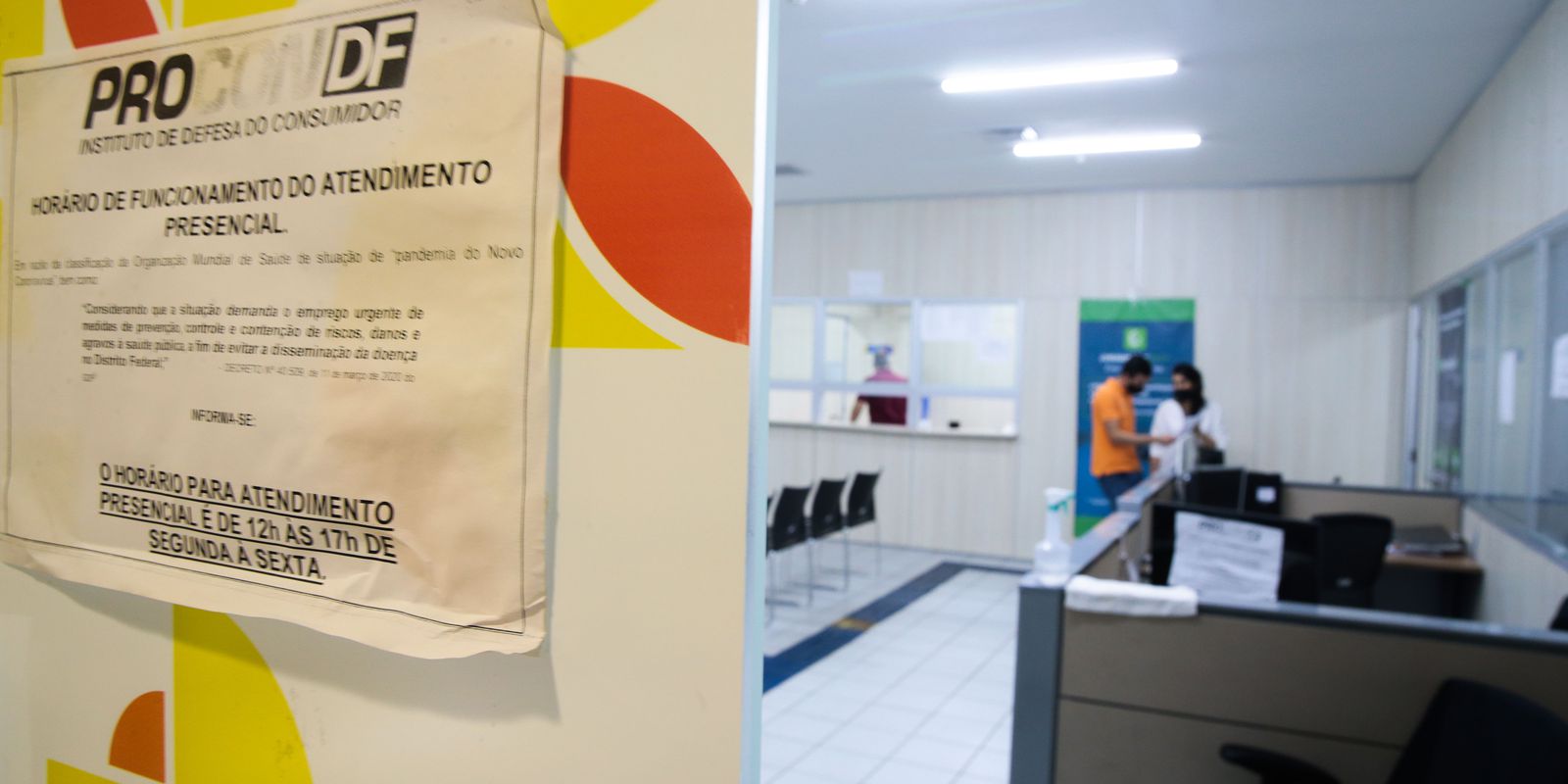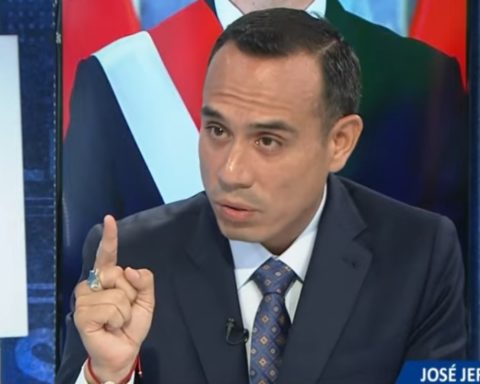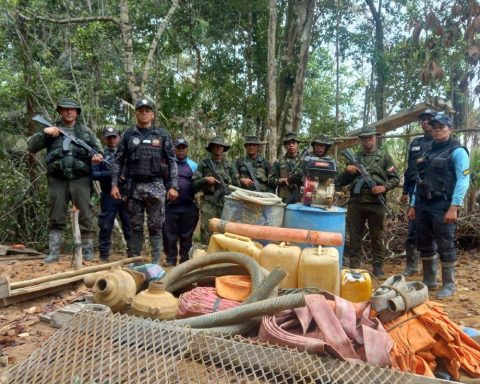The difficulty that agents of the different consumer protection bodies face in identifying and characterizing possible abusive price increases in a system of free competition, in which the value of goods and services is determined by supply and demand, motivated the National Consumer Secretariat ( Senacon) to create a booklet to guide the performance of public agents, especially those linked to Procons.
Available on the Senacon website, the Practical Guide for Analyzing Price Increases for Products and Services it works as a kind of roadmap to resolve doubts about the most frequent signs of abusive behavior on the part of economic agents.
The publication also highlights the importance of analyzing conjuncture indicators when the public agent has to decide whether or not the increase in the price charged for a product or service is abusive.
According to the general coordinator of studies and market monitoring at Senacon, Frederico Moesch, only an assessment of the behavior of the entire production chain can confirm whether a sudden rise in prices is justified or not.
“For the Consumer Defense Code, an abusive increase is the unjustified increase in the prices of products and services. Which is an open legal definition, which leaves room for interpretation”, said Moesch, during the presentation of the guide.
“It is necessary to assess, through economic analyses, whether there were shocks in demand or supply. [Por exemplo]Senacon has already carried out some price analysis of basic basket products and observed that, in some cases, there was indeed a supply or demand shock [que justificou a alta dos preços de alguns produtos bem acima da inflação do período]”, added Moesch, highlighting the increase in complaints over the two years of the pandemic.
According to the national secretary for the Consumer, Juliana Domingues, the objective of the secretariat is to offer an action roadmap that helps the daily activities of technicians and provides more legal certainty to the decisions of the bodies that make up the National Consumer Defense System.
“We needed to have a north. we did this [o guia] over two years, based on experiences, with extensive discussion and with the support of consumer protection agencies and the participation of the Ministry of Economy and CADE [Conselho Administrativo de Defesa Econômica]”, declared the secretary, noting that the lack of clear parameters can, eventually, discourage competition and innovation and generate the judicialization of administrative decisions. “And the consumer only has to gain, since their complaints will be properly investigated and punished.”
Administrative Director of the National Confederation of Commerce (CNC) and president of the Federation of Commerce of Goods, Services and Tourism of the State of Rio de Janeiro (Fecomércio-RJ), Antônio Florêncio Queiroz Júnior praised Senacon’s initiative.
“Now we have a guide that allows us predictability. That allows us to train our personnel and evaluate step by step, including with our suppliers, the points that will be [eventualmente] evaluated [em caso de denúncia de aumentos abusivos]. With this, we will have legal certainty.”

















